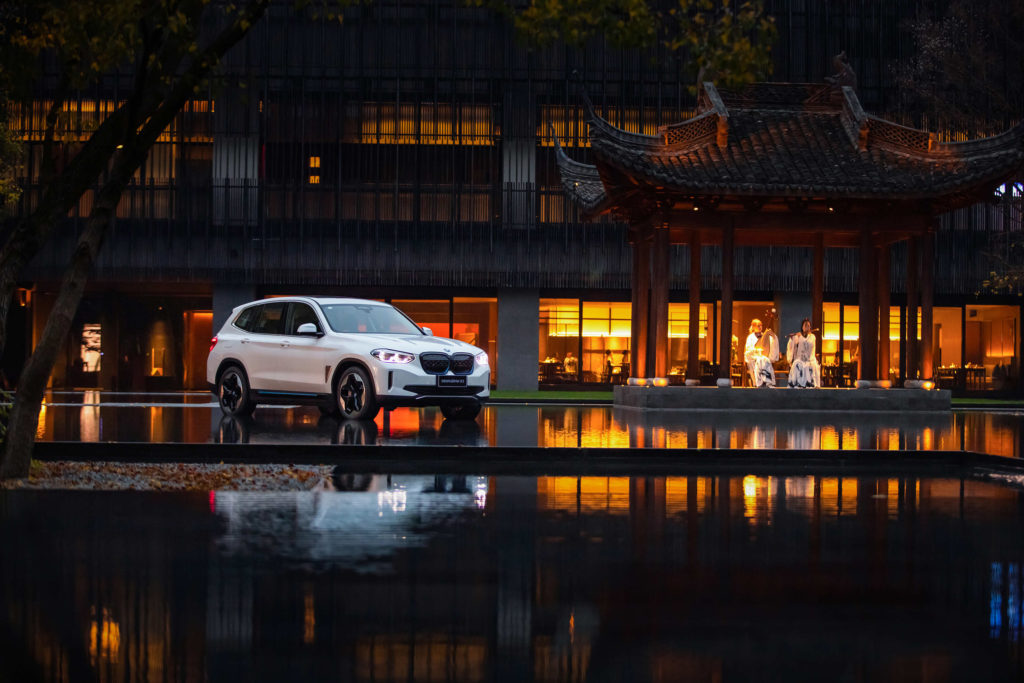In line with its goals for sustainability, the BMW Group announced, “For the first time in China, the BMW Brilliance Automotive joint venture (BBA) has established a closed loop for reuse of the raw materials nickel, lithium, and cobalt from high-voltage batteries that are no longer suitable for use in electric vehicles. To realize this, BBA is working with a local recycler that dismantles retired batteries and uses innovative technology to recover a high percentage of the raw materials (nickel, lithium, and cobalt) from the battery cells.” Closed-loop recycling is the process by which a product or material is recycled back into itself (or a similar product) without loss of material. This process is commonly found in the battery industry.
In practice, the announcement means that the materials recovered via this recycling process are then used to produce new Electric Vehicle (EV) batteries for BMW. Not only does this lessen the resources used to produce EV batteries, but in China’s case it also reduces carbon dioxide emissions by 70%. Given the fact that China is currently the world’s largest market for EVs, this change has allowed China to make substantial advances in their transition to a low-CO₂ economy as well as lessen negative environmental impacts.
How are sales of BMW EVs in China? The numbers for i4, iX, and iX3 tripled in the first quarter of 2022. The new i7 is expected in the second half of 2022, which will further push the number of BMW EVs in the country. BMW describes its e-mobility roadmap as “ambitious” and states, “The BMW Group is accelerating its expansion of electromobility and plans to deliver at least 10% fully-electric vehicles already this year. By 2030, at the latest, at least half our global sales should come from fully-electric vehicles. The MINI and Rolls-Royce brands will be all-electric from the early 2030s.”
Photos courtesy of BMW
